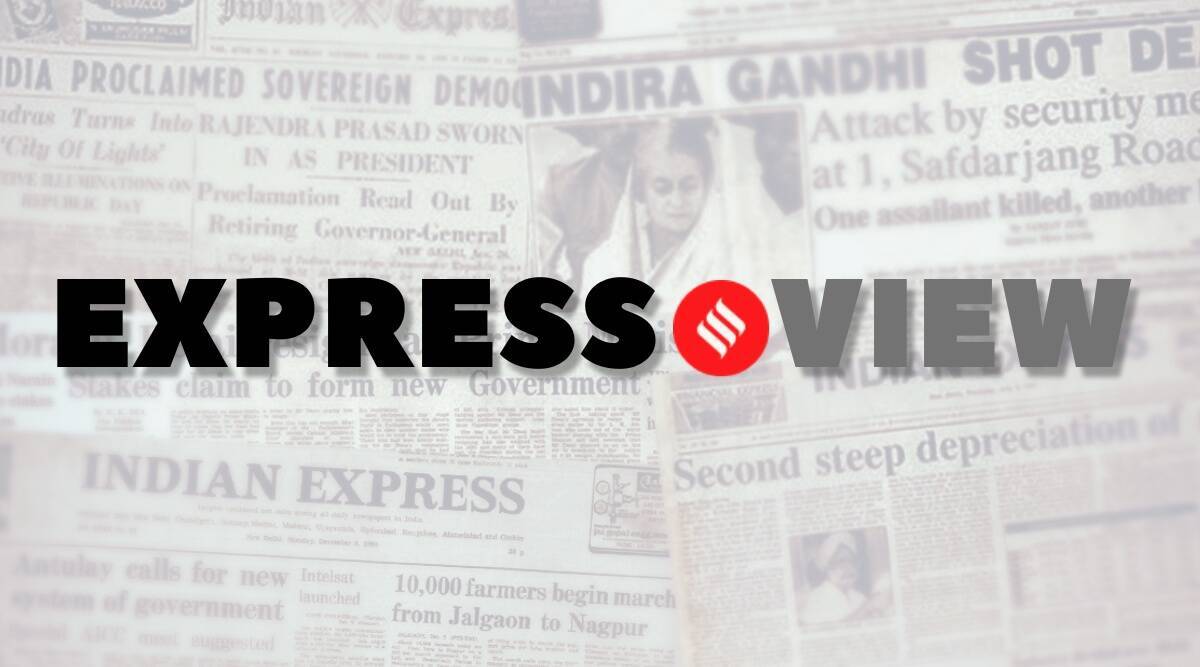 The 21st Amendment is said to hew closely to the provisions of the 19th Amendment, passed in 2015 in the months after Mahinda Rajapaksa's bid for a third term as president ended in defeat.
The 21st Amendment is said to hew closely to the provisions of the 19th Amendment, passed in 2015 in the months after Mahinda Rajapaksa's bid for a third term as president ended in defeat.A project for structural political reform may seem like the least urgent matter on the “to do” list of the Sri Lankan leadership at a time of food and fuel shortages and economic chaos which is fast turning into a humanitarian crisis. Yet there may be no better time for such a project, especially if it addresses the demand on the street that President Gotabaya Rajapaksa must go, and promises to clean up governance. The objective of the 21st Amendment, the draft bill for which was cleared by Prime Minister Ranil Wickremesinghe’s cabinet earlier this week for tabling in Parliament, is to shear the presidency of much of its executive powers. It would place more powers with the prime minister and make the government responsible to Parliament. With all power no longer concentrated in the hands of one individual in the system, it could make for more responsible decision-making on the economy. But it is far from clear if the bill, which has to be passed in Parliament by two-thirds of the members, enjoys that kind of support.
The 21st Amendment is said to hew closely to the provisions of the 19th Amendment, passed in 2015 in the months after Mahinda Rajapaksa’s bid for a third term as president ended in defeat. After a decade of authoritarian Rajapaksa rule, the 19th Amendment held out the promise of good and responsible governance by the team of President Maithripala Sirisena and Prime Minister Wickremesinghe. But with the government’s spectacular collapse under the weight of its own contradictions, it was only a matter of time before the Rajapaksas returned to power. One of their first acts was to rush in the 20th amendment, which reversed almost entirely the provisions of the 19th amendment, including those that ensured independent appointments to commissions for elections, public service, police, finance, human rights, procurement.
While the new Ranil Wickremesinghe government has called for political consensus on the 21st amendment, it is not only President Rajapaksa who is loath to give up the Executive Presidency. The Sri Lanka Podujana Party, which cushions Wickremesinghe in Parliament, may not back the amendment. The youngest of the senior Rajapaksas, former finance minister Basil Rajapaksa, nurses presidential ambition, but the 21st Amendment would eliminate him on grounds of his dual citizenship. Even the opposition Samagi Jana Balawegaya, whose leader Sajith Premadasa wants the presidency abolished, may not back the amendment as he believes it does not go far enough. If the bill fails to go through, it can only create more political acrimony and distract from the task of economic repair.
Best of Express Premium
- The Indian Express website has been rated GREEN for its credibility and trustworthiness by Newsguard, a global service that rates news sources for their journalistic standards.

